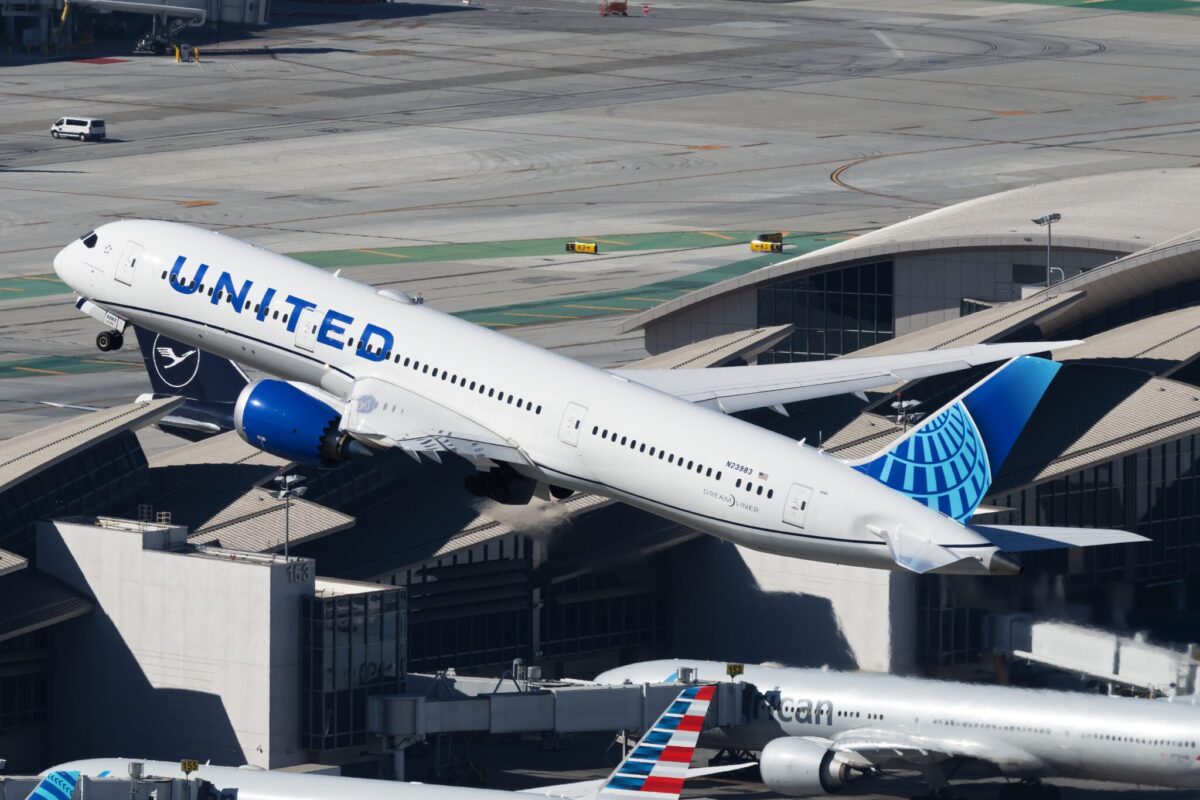Private Equity Investor Blackstone Downplays Its Pain From Battered Hotels

Skift Take
One of the world’s largest real estate investors is downplaying its exposure to the struggling hotel industry, despite decades of notable hospitality investments.
Blackstone, which owned Hilton for 11 years and took a 5 percent stake in Extended Stay America earlier this year, reported a $568 million second quarter profit Thursday. Its logistics and life science real estate holdings propelled the company forward despite the coronavirus pandemic shutting down many parts of the economy.
After raising $20 billion during the second quarter, Blackstone now has a record $156 billion in “dry powder” capital to deploy for investments. But the company likely won’t use much of those cash reserves to protect its own hotel assets.
“Overall, as a percentage of our holdings, [hotels and retail are] relatively small,” Blackstone President Jonathan Gray said during an earnings call Thursday morning. “So we don’t expect a lot of dry powder going in that direction.”
Hotels and retail — the real estate sectors struggling the most at the moment — account for 13 percent of Blackstone’s real estate assets. Gray acknowledged there are clear headwinds to both sectors but doubled down on the claim that, given early signs of a travel recovery and the relatively limited exposure to the troubled sectors, there wasn’t much of a need to deploy cash.
Other Blackstone executives continued to downplay the firm’s involvement in the hotel sector. Roughly 80 percent of the firm’s real estate portfolio are in sectors showing resiliency to coronavirus economic headwinds like warehouses for e-commerce companies, Blackstone Chief Financial Officer Michael Chae said.
“Our performance and our platform overall continues to benefit from superior sector selection and asset quality,” Blackstone CEO Stephen Schwarzman added. “We’re not concentrated in shopping malls and hotels like other real estate funds, which have negatively impacted their funds.”
Green Shoots of Opportunity
Despite the smaller involvement in the hospitality sector today, Blackstone isn’t entirely turned off by the hotel business. There are opportunities for the firm to invest in hotels and hold onto them ahead of long-term growth, Gray said this week in an interview with the Wall Street Journal.
While he did not specifically mention opportunistic hotel investments on Thursday’s earnings call, Blackstone’s roughly 5 percent investment in Extended Stay America earlier this year was driven by early signs the economy extended-stay hotel sector was durable, even when the pandemic effectively shuttered the entire global travel industry.
“As you think about more distressed opportunities, in the private market, those are ahead of us,” Gray said.
But there is still a long road to recovery, in both the broader economy and especially the travel and leisure sector. Blackstone’s team touted its strategy of long-term holds as key in being a successful investment vehicle through the pandemic.
The firm’s 11-year Hilton hold began in 2007 ahead of the Great Recession, and Blackstone wrote down its initial $26 billion investment by 70 percent due to that economic crisis. But Blackstone held on and eventually took Hilton public in 2013. After shedding all of its shares, Blackstone eventually walked away in 2018 from the investment with $14 billion in total profit.
“If the right people are in the right seats, you can get enormous outcomes,” Schwarzman said.
The hotel industry may just take longer than usual to show any of those hefty results.
“In hospitality there is encouraging early demand from certain key assets that have reopened,” Chae said. “But corporate and group business travel will likely remain depressed for some time, and we’re preparing for a long recovery.”




